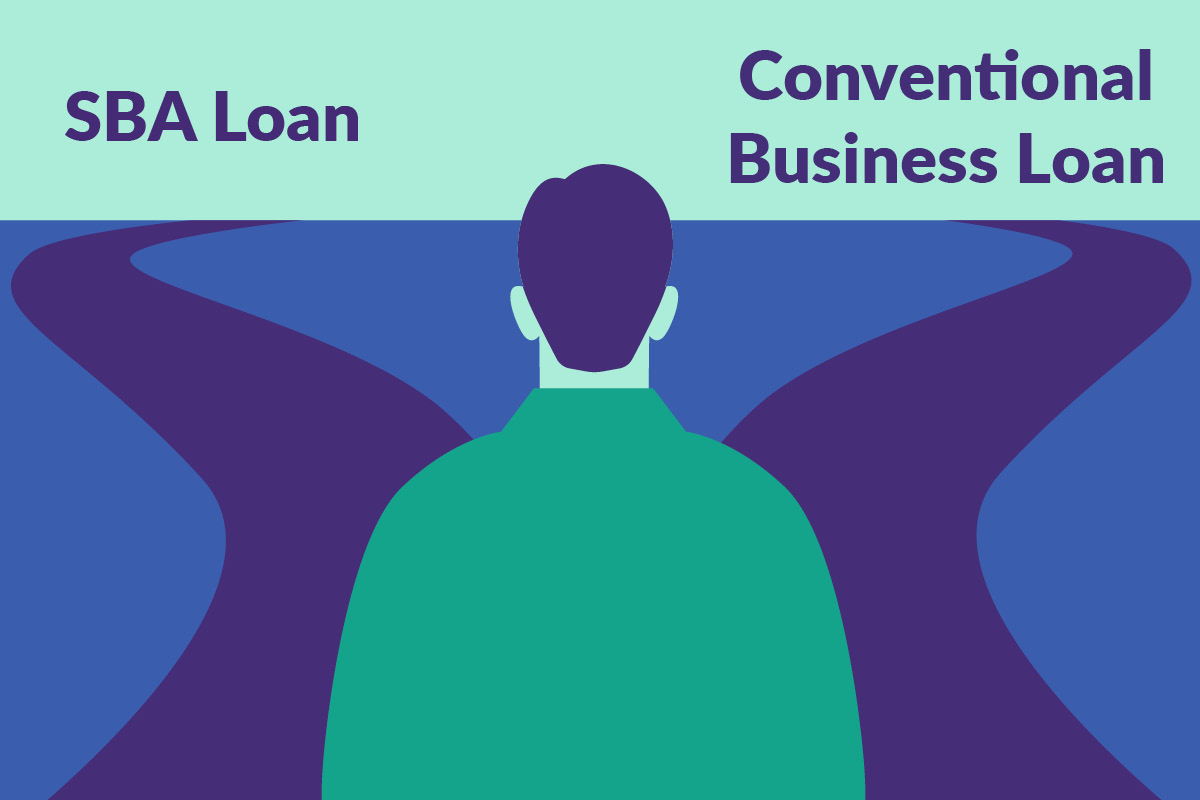When seeking funding for your small business, a key early step is determining the kind of financing you need. There are many types of loans, each with varying features, so it’s important to find one that works best for your business.
To start, you’ll need to choose between an SBA loan or a conventional business loan. There are several kinds of loans within each of these categories, but these are your high-level choices for business funding.
What Are SBA Loans?
SBA loans are backed by the Small Business Administration, which means they’re backed by the government. If a borrower can’t repay their loan in the time determined by their lender, the government repays the lender a percentage of the amount the borrower owes, up to 85%. This is called a “guarantee” or the guaranteed amount. This helps lenders approve businesses that might otherwise struggle to meet lending standards and receive funding.
Choosing Between an SBA Loan & a Conventional Loan
To assist you with your decision, here are the main differences between SBA loans and conventional loans:
- Funding limits: SBA loans can provide funding of up to $5.5 million. Conventional loans don’t have an established limit for funding amounts. Different lenders have different ranges of loan amounts, even those who offer SBA loans.
- Eligibility requirements: Conventional loans usually require that businesses have a higher credit score and greater annual income. Since SBA loans are backed by the government, lenders can be more flexible and extend funding opportunities to businesses that are building their credit scores and working to increase their revenue. To apply for an SBA loan, a business also must fall under the SBA’s definition of a “small business”.
- Approval timing: SBA loans often take a bit longer to approve since they have to go through both the lender and the SBA. Working with an SBA preferred lender can help reduce the time it takes to get an SBA loan approved, because the SBA has given preferred lenders the authority to approve loans by themselves.
- Rates and terms: The SBA builds acceptable ranges of rates and terms into their agreements with approved lenders. Rates for SBA loans are typically lower than conventional small business loans, and longer terms are often available.
There are several types of SBA loans, and different lenders are authorized to offer them in varying degrees. The SBA’s Lender Match program connects business owners with appropriate approved lenders.
When choosing the loan option that is best for you, be sure to ask potential lenders for all the information you need to make your decision. Knowing what to expect when exploring loan options can help you avoid predatory lenders and set your business on a successful path to funding.

